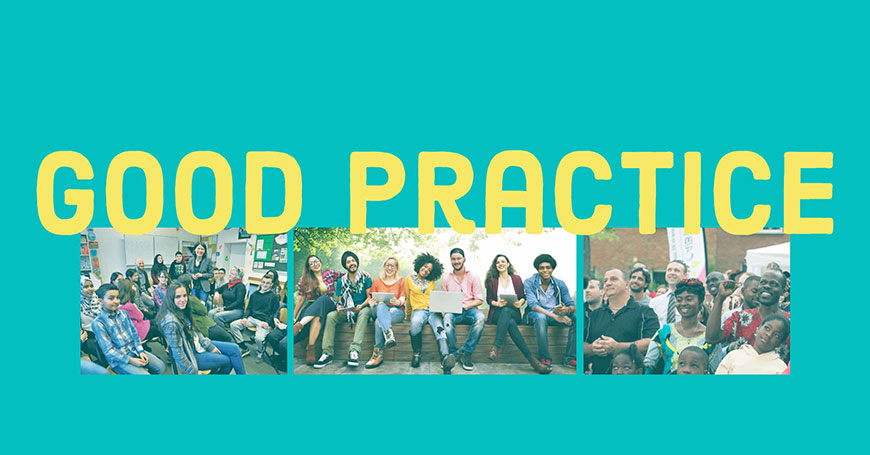Intercultural cities: good practice examples

The first step is the adoption (and implementation) of strategies that facilitate positive intercultural encounters and exchanges, and promote equal and active participation of residents and communities in the development of the city, thus responding to the needs of a diverse population. The Intercultural integration policy model is based on extensive research evidence, on a range of international legal instruments, and on the collective input of the cities member of the Intercultural Cities programme that share their good practice examples on how to better manage diversity, address possible conflicts, and benefit from the diversity advantage.
This section offers examples of intercultural approaches that facilitate the development and implementation of intercultural strategies.
Measuring cultural empathy
A sociological study on cultural competences in Ukraine, leading to policy development Melitopol is a city of the Azov region where, for more than 225 years, there has been a harmonious coexistence...
Anti-Rumour Web App
Purpose: A game to raise awareness of rumours and stereotypes that negatively affect coexistence in Bilbao. Rationale: Awareness-raising and the fight against discrimination is a priority line of...
BizFeira - Bilateral overseas business development
Purpose: An online platform - BizFeira - that enhances entrepreneurship and internationalisation through establishing links between local business owners of all backgrounds with the Portuguese...


